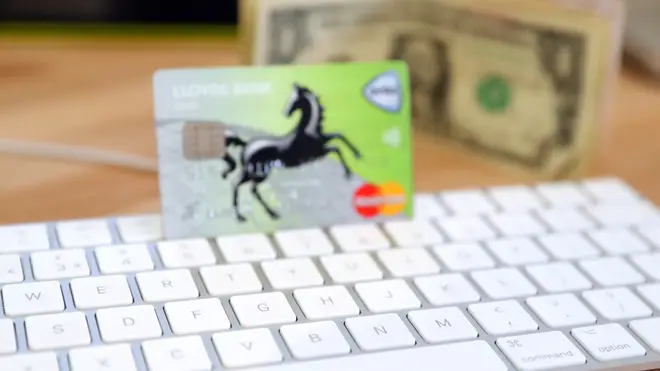
Vanessa Feltz 3pm - 6pm
24 September 2020, 09:04

The British public wrongly spent the money on products and services because of inaccurate information online.
British people have wrongly spent more than £2 billion on products and services in the last year because of misinformation, new research suggests.
According to a report by online firm Yext, inaccurate information about a brand found online was the main cause of the spending.
A survey of more than 6,000 people also found that 87% of the public believe misinformation is an issue, and 45% said it was a key problem for businesses when it came to displaying correct information online.
The report found that in total £2.1 billion had been spent in the last 12 months on products and services because of the issue, with the public saying misinformation was having an impact on trust between businesses and consumers.
Some 71% of those asked said brands should be taking misinformation about their business more seriously.
Jon Buss, managing director in Europe at Yext, said: “Misinformation is now a key battleground for trust. With more consumers than ever searching for answers about brands and products online, expectations about the accuracy of what they find have become greater than ever.
“It’s clear that the impact of inaccurate answers is costing both sides dearly, and no matter the source, no matter the medium, consumers expect brands to step up and take control of their information online. Otherwise, they risk eroding consumer trust, which is ultimately bad news for the bottom line.”
He added that the issue of misinformation in news was also impacting trust elsewhere and urged businesses to do more to ensure they were accurate in their communications with the public.
Internet platforms and social media sites have come under increased scrutiny over their efforts to combat the spread of misinformation online, particularly during the coronavirus pandemic and false claims around the virus.
According to Yext’s report, 55% are more concerned about misinformation than they were before the pandemic.
“Thanks to the proliferation of fake news and outdated information online, the public have become more sceptical of information than ever before; and this is creating a culture of mistrust which businesses have to react to,” Mr Buss said.
“The inability to find answers to their questions is making consumers take their business elsewhere. The first step for every brand now must be to fight for their facts, wherever they are.”